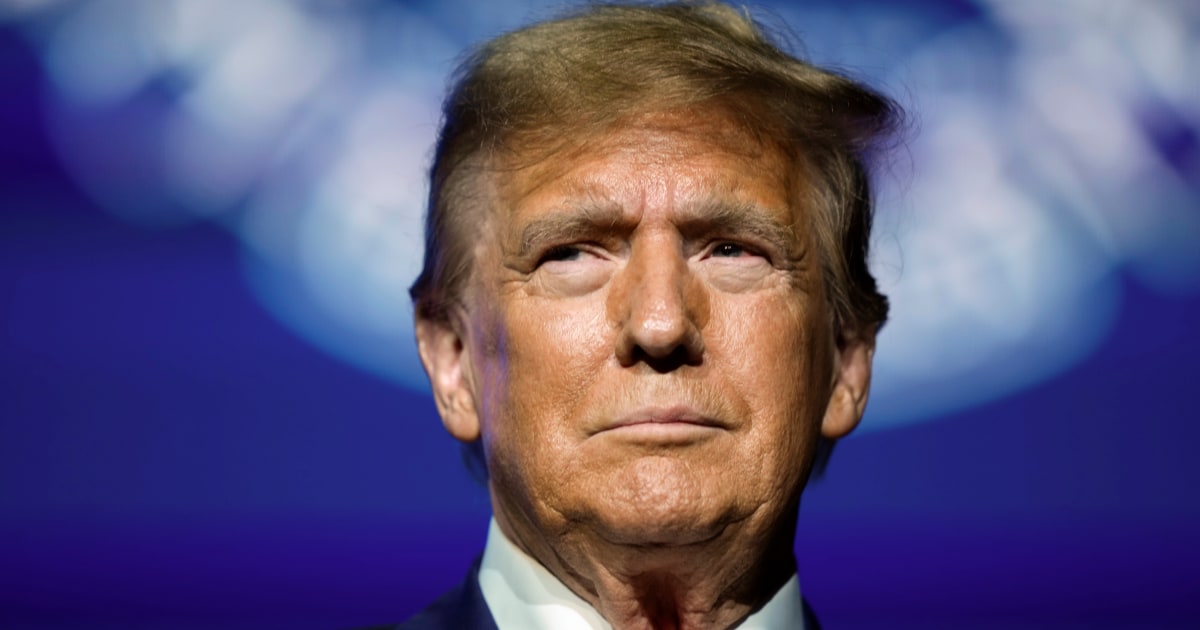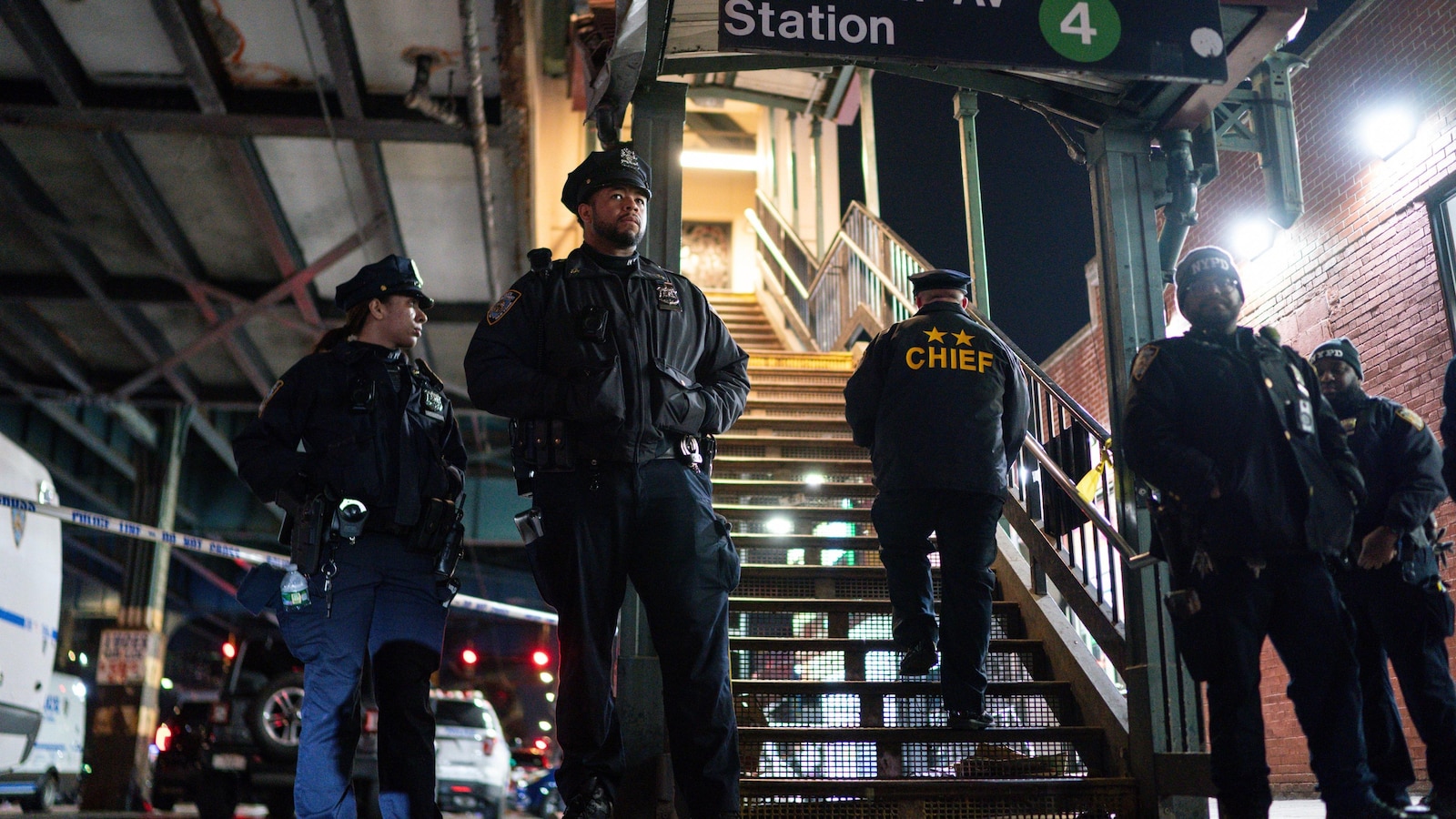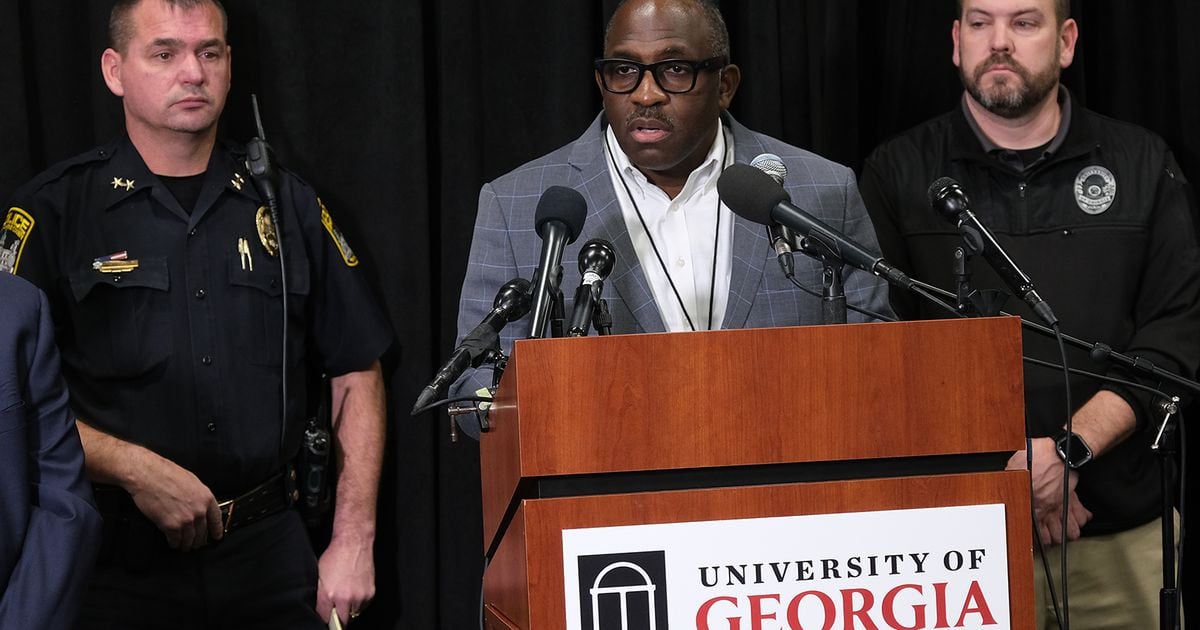The Supreme Court has agreed to weigh in on whether former President Donald Trump can assert presidential immunity regarding criminal charges related to election interference, introducing a new obstacle to the ongoing trial proceedings.
In a concise order issued Wednesday, the court announced its intention to hear arguments and deliver a verdict on the immunity claim, effectively placing the trial on hold until a ruling is reached. The scheduled hearing for the case, anticipated to occur during the week of April 22, suggests a potential resolution by the end of the court’s regular term in June, although this timeframe falls short of prosecutors’ desired expediency.
At the crux of the matter lies the legal inquiry into the extent of immunity afforded to a former president concerning criminal prosecution for actions allegedly performed in an official capacity during their tenure in office. The ramifications of the court’s decision loom large, with implications for the timing and viability of the trial, particularly in the lead-up to the November election.
Trump’s persistent argument for immunity resurfaced following the Supreme Court’s announcement, emphasizing concerns regarding the functioning of future presidents in the absence of such protection. The three-judge panel of the U.S. Circuit Court of Appeals had previously ruled against Trump’s immunity claim, affirming his status as a standard criminal defendant.
In parallel, Trump’s legal team cited precedents and asserted that his actions contesting election results constituted official presidential duties, warranting immunity from prosecution. However, this argument contrasts with a separate appeals court ruling denying immunity in civil claims related to Trump’s role in the January 6, 2021 events.
While the Supreme Court’s conservative majority and Trump’s appointees may seem favorable, recent legal outcomes suggest otherwise. Notably, Trump faces a four-count indictment in Washington, with charges including conspiracy to defraud the U.S. and obstruct an official proceeding. Despite his plea of innocence, the trial’s trajectory hinges on the impending Supreme Court deliberation, amplifying the significance of a swift resolution for the interests of justice and the public.



